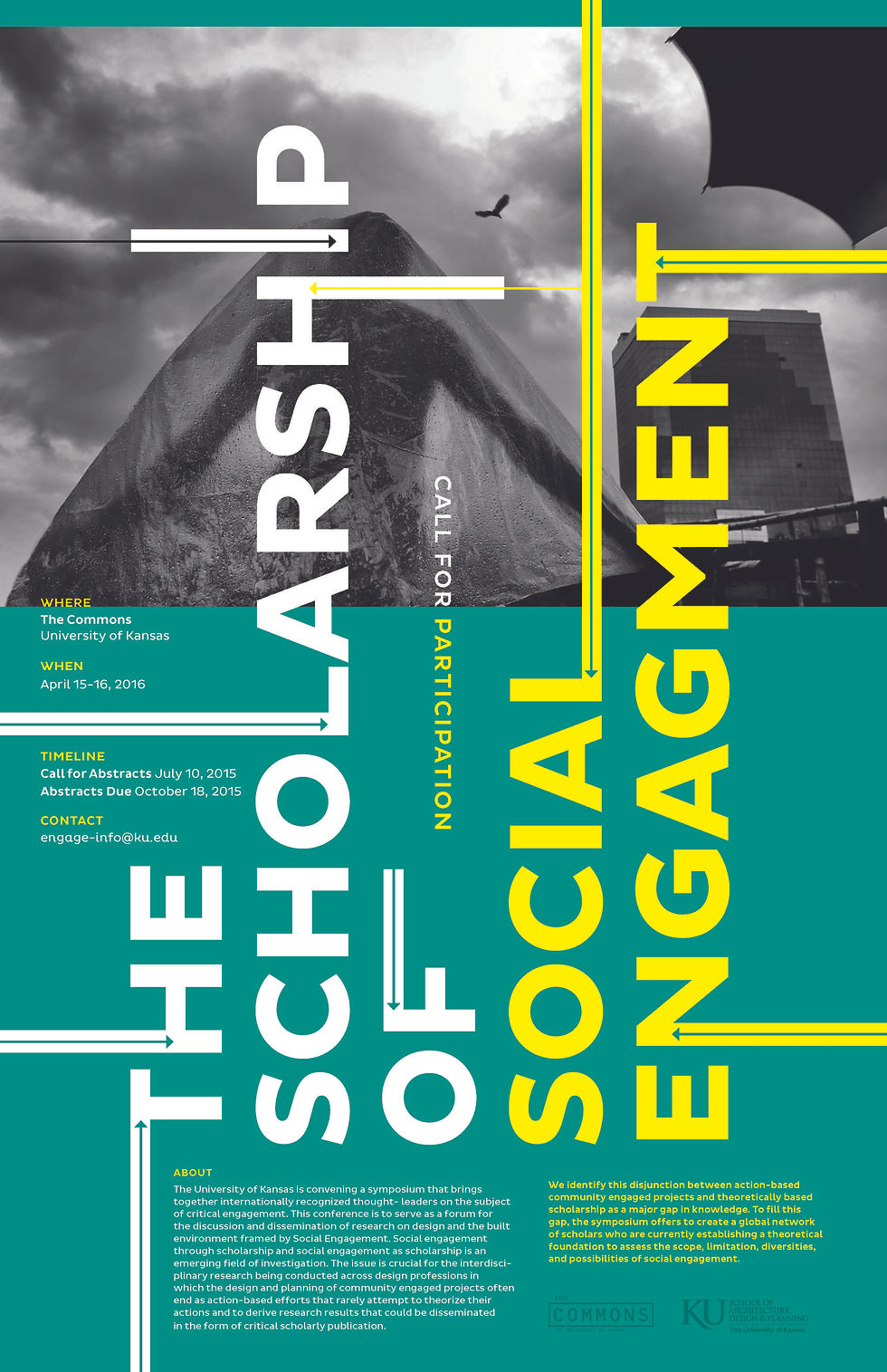FarhanaFERDOUS
educator-designer-scholar
research statement
In line with my educational and academic research background, my research incorporates a number of areas related to environment behavior interaction, elderly care, environmental design, morphology, and evidence-based design within the built and healthcare environment.

Doctoral Dissertation: "The Evaluative Image of Public Spaces: Spatial Morphology, Social Use and Community Well-being"
research statement
In line with my educational and academic research background, my research incorporates a number of areas related to environment behavior interaction, elderly care, environmental design, urbanism, and evidence-based design within the built, urban and healthcare environment. My research has focused predominantly on healthy, sustainable urbanism especially in Long Term Care (LTC) and Assisted Living Facilities (ALF) to pursue evidence-based design. I have developed a protocol for analyzing core syntactical variables, such as integration and connectivity, and relating those variables in designing the environment: mainly to design the neighborhood and layout of care facilities to achieve therapeutic benefits for its residents and neighborhood’s physical environment to improve its walkability.
In particular, I incorporated computational simulation tools, such as Space Syntax techniques and Geographic Information System (GIS), to inform design decisions leading to better organizational performance. My objective is to develop a robust research agenda by focusing on precise, objective measurement of the environment and its impact on measurable health indicators. My critical mind, openness to new, challenging ideas, and use of cutting-edge methodological rigor are added advantages to running different research projects successfully.
I am committed to improving the quality of life for elderly people with dementia in Long Term Care facilities and my research has been supported by Toyota Foundation Grant, Academy of Architecture for Health Foundation (AAHF). The American Association of University Women (AAUW) supported my research activities through a very prestigious international research fellowship. I was also a 2013 GIA fellow (Grantmakers in Aging), which is a great honor and is a very reputed fellowship to continue research in aging-related healthcare environments. My research has been published in top journals of my field. My commitment to environmental research is to bring new perspectives to existing architectural knowledge and to encourage critical analysis of healthcare design practices. As an academic, one of my main objectives is to find ways in which my research could address teaching and contribute to contemporary practice. I always use my research findings to update my teaching materials where possible. In summary, the evidence-based environmental design research underpins my theoretical and analytical framework, which informs both my pedagogical mission and research agendas in academia.
Research interests/ areas of specialization
-
Behavior and Psychology in Built Environments with a Focus on Elderly Care
-
Healthcare Architecture, Memory Care and Assisted Living Facilities
-
Healthy Communities and Healthy Urbanism
-
Environment Behavior and Evidence-based Design
-
Urban Morphology and Spatial Morphological Analysis
funded research projects
2022-24 National Endowment for the Humanities (Diversity Grant) ($60,000)
Title: Urbanization, Urbanicity, and Wellbeing in the City of Baltimore
2022-23 Graham Foundation Grant (PI, Research Grant) ($9,000)
Title: The (pathogenic)-CITY: A History of Urbanization, Minority Health and Racial
Disparities in American Landscape (1900s to present)
2022-24 Alzheimer’s Association Research Grant for Diversity (PI, Research Grant)
AARGD-21-852381($119,974.20)
Title: Development of a Valid Spatial Environment Assessment tooL
(SEAL) for LTCFs
2017-18 Academy of Architecture for Health Foundation (AAHF)
(PI, Research Grant) ($10,000)
Title: Positive Health Outcomes by Environmental Design: The role of spatial
configuration in designing physical environment for people with dementia
2017-19 Toyota Individual Research Grant (PI, Research Grant) ($10,000)
Title: Positive Health Outcomes by Environmental Design: The role of spatial
configuration in designing physical environment for dementia
2016 Service Learning Grant by Center for Civic and Social Responsibility
In support of teaching a course (Designing Sustainable Future) focusing on
service learning aspect at the University of Kansas
2013-14 Alzheimer's Disease Center (University of Kansas as Postdoc Fellow)
Title: Neighborhood Walkability and Sedentary Behavior in Alzheimer’s Disease
2012-13 Office of Research and Graduate Studies: Strategic Initiatives Grant
(University of Kansas as Postdoc Fellow)
Title: Resilient Lifestyles for Older Adults
2009-11 Post Graduate Research Support Scheme
The University of Sydney (Principal Investigator)
Title: Evaluative Image of Urban Plazas: Urban Morphology, Aesthetic Response
and Social Use.
© 2024 by Farhana Ferdous.










